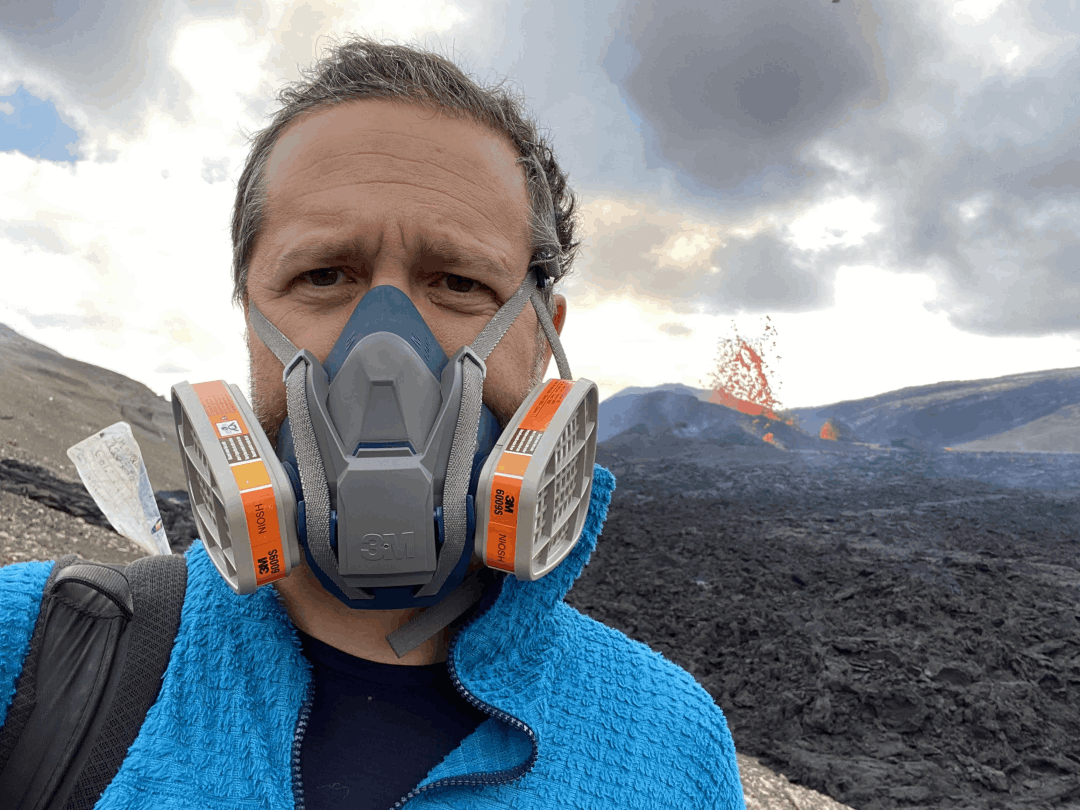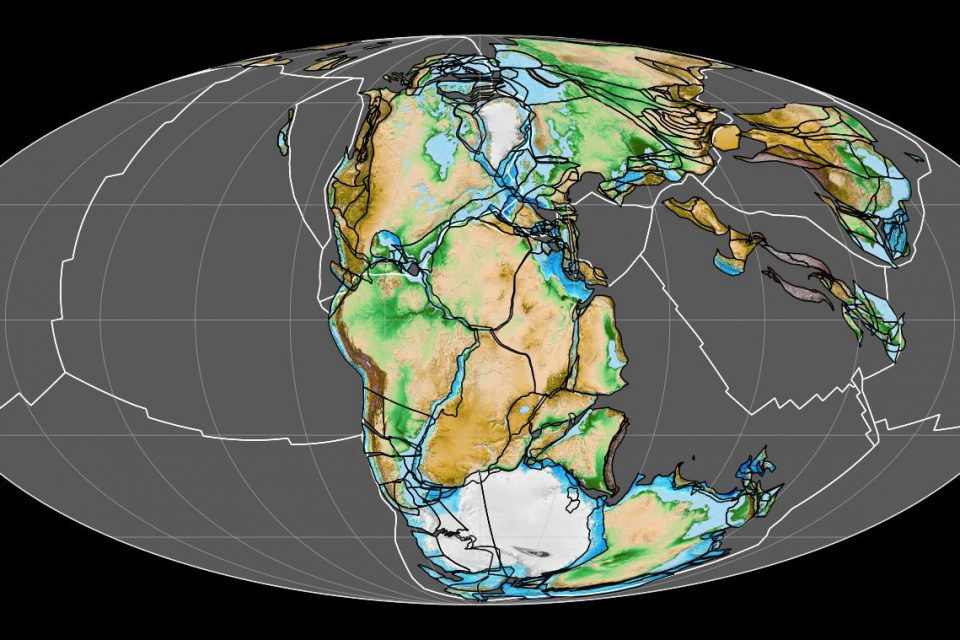Dr. Matthew Jackson, University of California Santa Barbara (UCSB), will be presenting



Plate tectonics injects continental and altered oceanic crust into the mantle. This process facilitates communication between shallow terrestrial reservoirs—lithosphere, hydrosphere, and atmosphere—and Earth’s deep interior over geologic time. Geochemists trace this communication with a variety of novel tools. A key result of this effort reveals that subducted crust constitutes a significant reservoir in the Earth’s mantle that is sampled by buoyantly upwelling mantle plumes that source volcanic hotspots, but the location, and age, of this deep crustal reservoir is poorly constrained. Using constraints from seismology in tandem with the geographic distribution of geochemical signatures in volcanoes at the Earth’s surface, the geochemical structure of the mantle is becoming clearer. A key observation made by combining seismic and geochemical constraints is that subducted continental crust is isolated in the southern hemisphere mantle, while oceanic crust is located everywhere. This spatial pattern can be explained as the result of the time evolution of tectonic processes operating at Earth’s surface: oceanic crust subduction began in the Archean or early Proterozoic, and oceanic crust has since been subducted at all latitudes over geologic time; in contrast, continental crust subduction began in the late Neoproterozoic—when the Gondwana-Pangea supercontinent was assembling in the southern hemisphere—helping to explain why subducted continental crust is limited to the southern hemisphere mantle. This model implies a recent formation of the austral mantle subducted continental crust domain, and the excess radiogenic heat from this deep continental crust reservoir may explain why there are twice as many austral hotspots as boreal hotspots.
Professor Jackson is a Professor in the Department of Earth Science at UCSB, where he has been a professor for nearly 10 years. Prior to arriving at UCSB, he was an Assistant Professor at Boston University for 3 years, and a Postdoctoral Fellow at the Carnegie Institution of Washington for one-and-a-half-years. His research employs stable and radiogenic isotope systems to explore the long-term geochemical evolution of the Earth, from accretion to the present day. A central theme in this research is to explore connections between shallow terrestrial reservoirs (lithosphere, hydrosphere, and atmosphere) and the Earth’s deep interior. To this end, his group seeks signatures of ancient surface-derived materials in igneous rocks, and in a parallel effort his group also prospects for signatures of early-Earth reservoirs that have survived since shortly after terrestrial accretion. Recent research themes include bridging geochemistry with constraints offered by seismology and geodynamics—to better constrain the geochemical structure of the mantle—and exploring how bulk planetary chemistry can impact the habitability of terrestrial planets